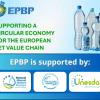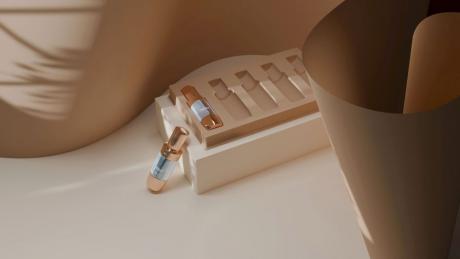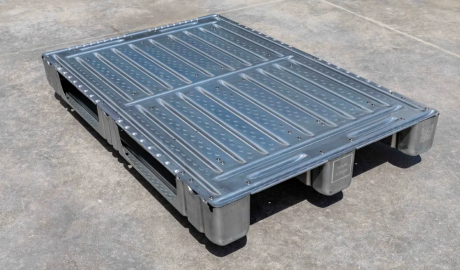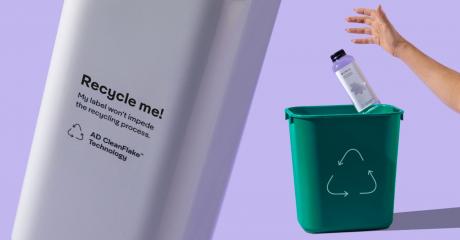Novamont's Mater-Bi compostable bioplastic was chosen for packaging the broccoli offered by Citrus, a company based in Cesena that distributes seasonal fruits and vegetables. The Mater-Bi bioplastic will extend the shelf life of this vegetable rich in antioxidant, anti-carcinogenic and anti-inflammatory substances, making it sustainable up to the post-consumer phase, as it allows integral recycling within the wet fraction of waste.
Citrus was the first to place broccoli packaged with compostable transparent film and thermal labels on the market. Developed in partnership with GPT-Gruppo Poligrafico Tiberino, this innovative packaging solution was used for the first edition of "I broccoli della ricerca (Broccoli for research)", an initiative of Citrus in support of the Umberto Veronesi Foundation for scientific research against male cancers. The sustainability of packaging - especially food packaging - is a main driver in consumer trends and purchasing behaviours, increasingly oriented towards reducing the environmental impact of lifestyles. According to the latest edition of the survey “Osservatorio Packaging del Largo Consumo” conducted by Nomisma, packaging is for Italian consumers the second (33%) among four macro aspects that contribute to defining the sustainability of food, immediately after the production method (34%) and before the supply chain and the origin of raw materials (22%) and the ethical and social responsibility (13%).
Novamont has been working for many years on the development of ready-to-go solutions for food packaging in which biodegradability in different environments (industrial composting plants, soil, marine) represents an added value. In fact, compostable products have an enormous potential in all those sectors where recycling operations are complex or impractical due to the presence of different materials and contamination from food waste. In these cases, the use of compostable bioplastics allows these products, together with their content, to be assimilated to organic waste in separate collection, as they contribute to the production of quality compost for soil fertility and to improving the recyclability of other waste.









